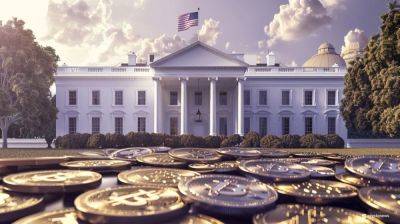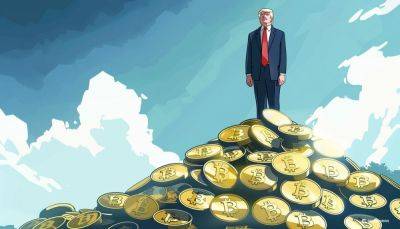The Death of Iran’s President: What It Means for Cryptocurrency and Sanctions Evasion
The unexpected death of Iranian President Ebrahim Raisi has sent shockwaves through the geopolitical landscape, raising questions about the future of Iran’s political stability and economic policies.
The country’s economy, which is already grappling with US sanctions, soaring inflation, and high unemployment, could further bear losses if political instability lasts.
While global markets largely remained stable after Raisi’s death, the event could have significant implications for the cryptocurrency industry and Iran’s strategy to evade international sanctions through digital currencies.
President Raisi’s sudden death has triggered a wave of uncertainty within Iran and across the region.
As one of the most influential figures in Iranian politics, Raisi’s death not only disrupts the nation’s internal political dynamics but also impacts its foreign relations and economic strategies.
This development is poised to influence various sectors, including oil markets, regional security, and the broader geopolitical equilibrium in the Middle East.
In the short-term, the unrest could mean a disruption in oil supplies especially if it evolves into labor action in the oil fields, as happened during the 1979 Iranian Revolution, according to a report from Forbes.
Even if supplies are not immediately affected, major demonstrations and unrest would increase the security premium on oil, given fears that supplies might be affected or that the regime might instigate violence somewhere in the region as a distraction, the report said.
Cryptocurrency has been a crucial tool for Iran to circumvent the stringent economic sanctions imposed by the United States and other countries.
The decentralized and often anonymous nature of digital currencies
Read more on cryptonews.com



















